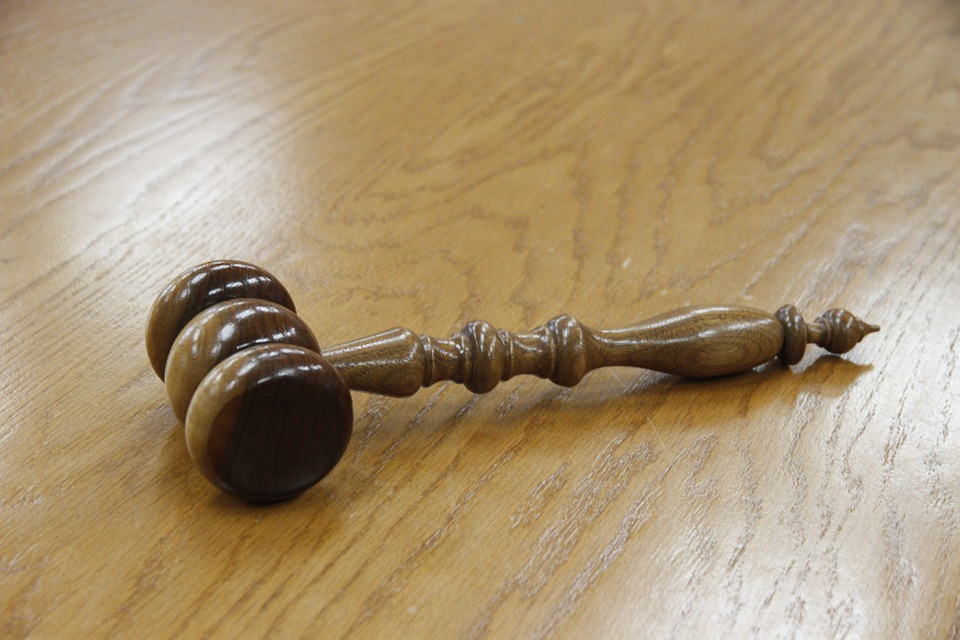Iowa
Judge: Iowa must pay union $2 million in dues deduction case

DES MOINES, Iowa (AP) — A state court judge has ordered the state of Iowa to pay a labor union representing state workers nearly $2 million in a five-year legal dispute centered on whether the state could continue to deduct union dues from state worker paychecks after a state law change in 2017.
In a decision posted Monday, Judge Paul Scott said the state knew its failure to deduct union dues from worker paychecks would hurt the union financially.
The legal dispute dates back to 2017, when the Iowa Legislature and then Republican Gov. Terry Branstad changed state collective bargaining laws weakening the union’s right to negotiate many conditions of employment and eliminating the requirement to have the state deduct union dues from state paychecks. Some unions representing state employees sued to challenge the new law but it was upheld by the Iowa Supreme Court in 2019.
The UE Local 893-Iowa United Professionals union and the state had renegotiated and ratified a new two-year contract in February 2017 days before Branstad signed the bill into law. The contract required the state to continue collecting union dues, but the state stopped collecting the dues in 2017. That forced the union to use a private vendor to collect dues, but the collections decreased by about $1 million. The union sued and has won several court rulings from state court judges and the Iowa Supreme Court.
The union represents about 1,700 social services and scientific state workers.
“The state was required to deduct dues from the union members’ checks during the term of the 2017-2019 contract. The state breached this obligation and the union is entitled to full damages for said breach,” Scott wrote.
Scott’s order requires the state to pay $1.05 million for the dues deductions, nearly $412,000 for back pay, and nearly $487,000 for overtime pay.
“We certainly feel the judge reached the right decision. This has been a very long road for the local union,” said Charles Gribble, an attorney for the union.
For two years the state must allow the union to use bulletin boards, union leave, union visitation time and union orientation provisions included in the 2017 contract and allow union workers to use their personal leave rights granted under the contract, the judge said.
A spokeswoman for the Iowa attorney general’s office, which represented the state, said they are reviewing the decision and considering options, including appeal.

